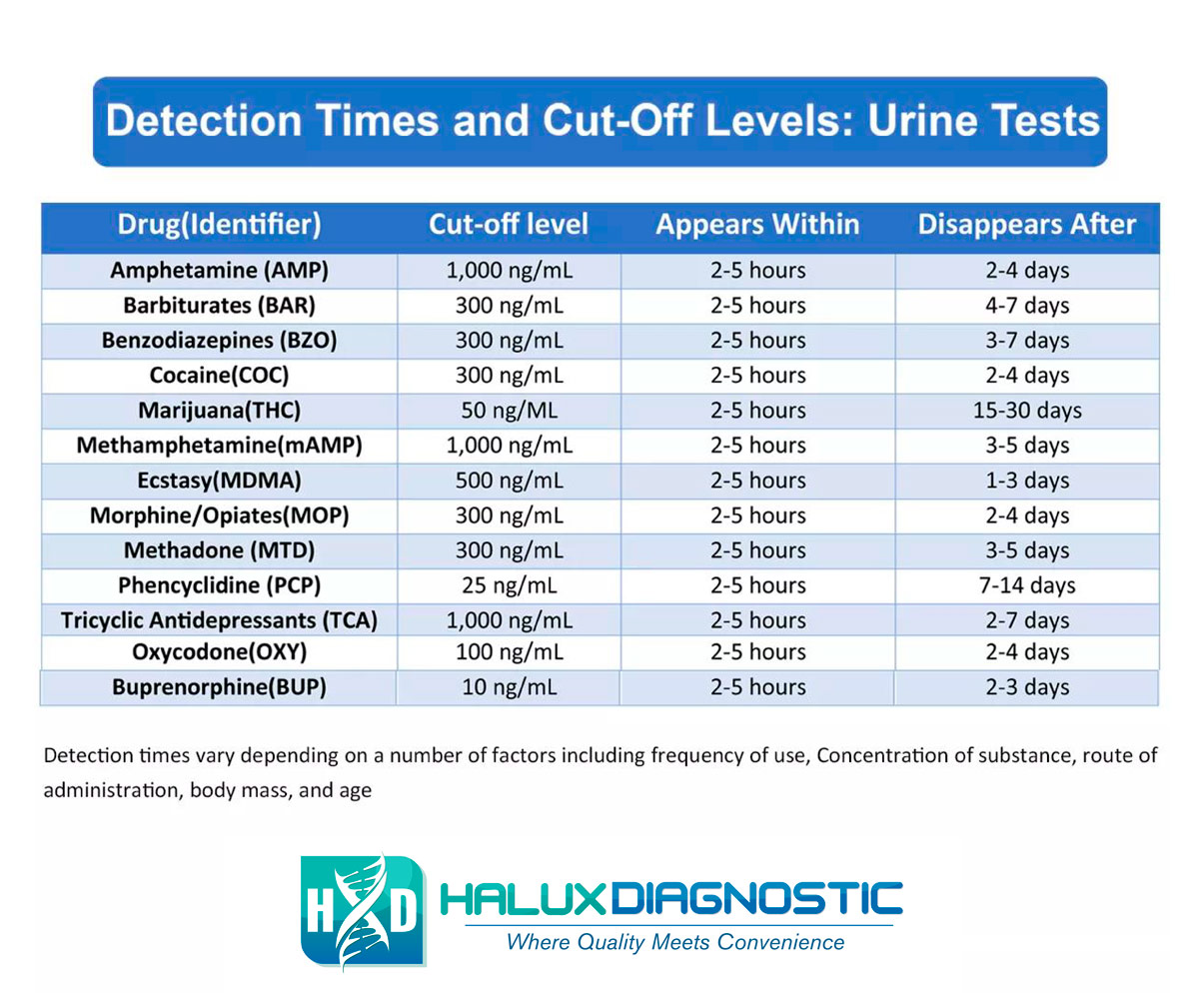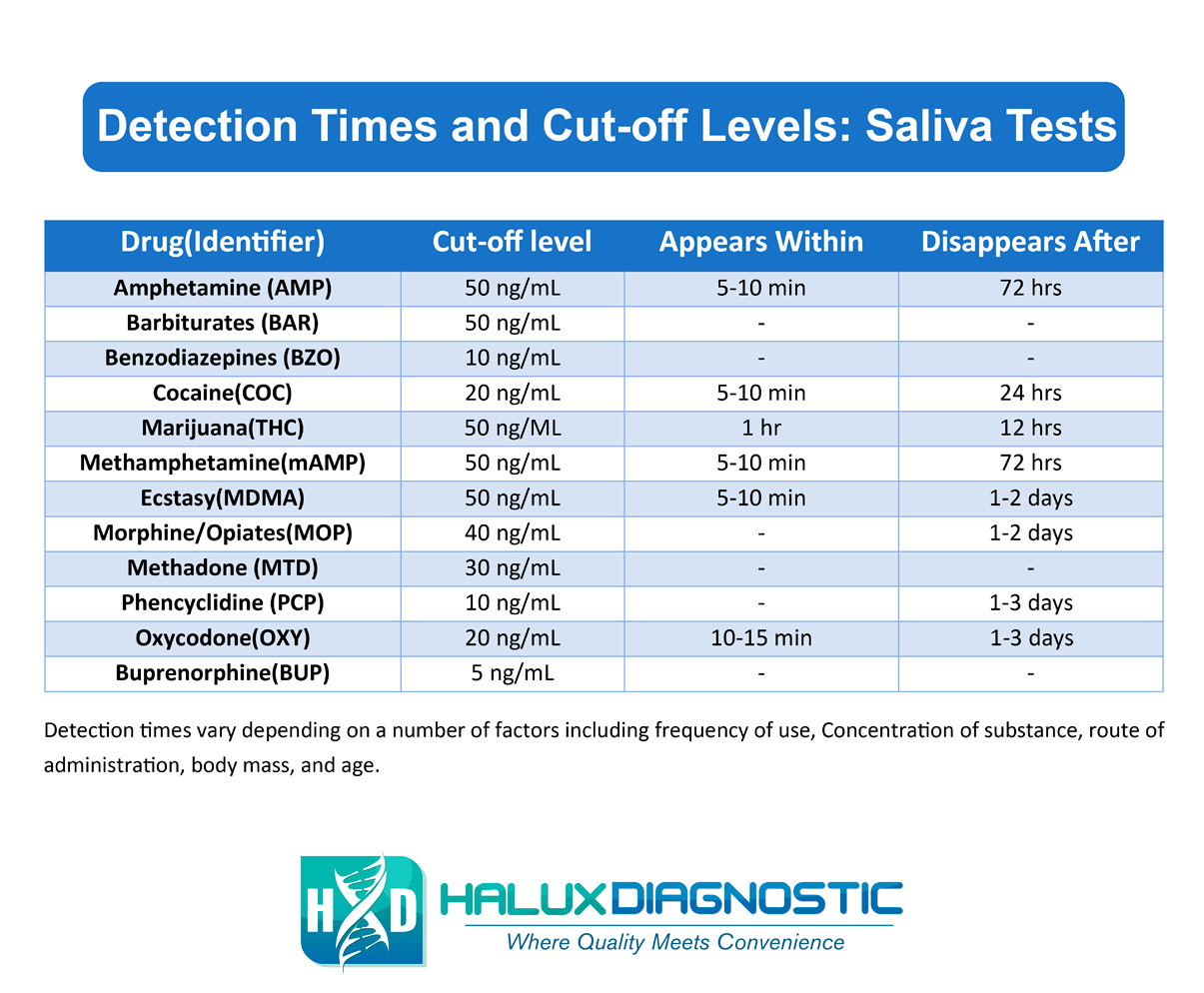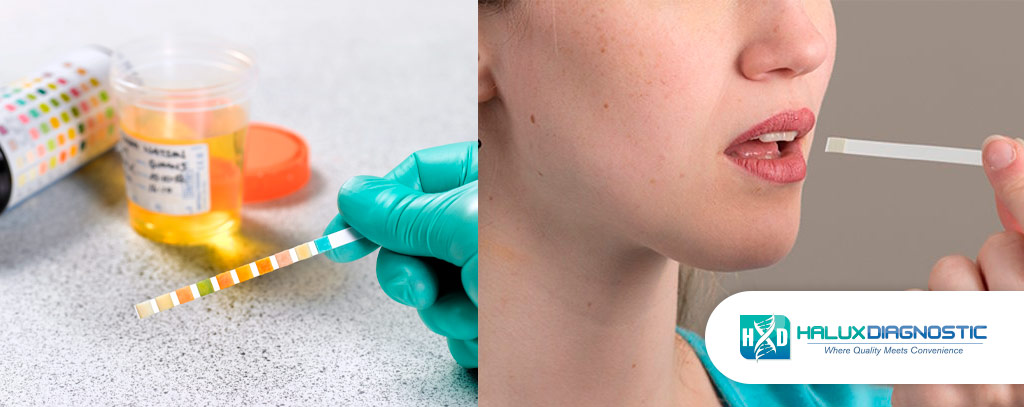


The Best Home Drug Test
January 28, 2022


Do you need parental/guardian consent for a drug test when hiring a minor?
February 21, 2022Urine testing is the most common type of drug screening. A drug test looks for one or more illegal or prescription drugs in urine, blood, saliva, hair, or sweat. Each drug takes a certain amount of time before it becomes undetectable in testing, with some drugs taking longer than others to leave the body completely. Dosage, types of samples, and individual metabolisms can also affect the detection time.
Source: https://haluxdiagnostic.com/blog/what-kinds-of-drugs-or-substances-show-up-on-a-drug-test/ There are different types of drug tests that are used depending on the goal of the test. These include urine, saliva, blood, hair, and sweat. Urine testing is the most common type of drug test because of its ease, affordability, and fast results. It is also the only testing method approved for federally-mandated testing. Urine testing can detect if a substance has been used, for most drugs, in the past few days.
Source: https://www.addictioncenter.com/drugs/how-long-do-drugs-stay-in-your-system/
Urine tests also detect the metabolites that the parent drugs break down into, so the detection window appears later than that of a saliva test.
Source: https://haluxdiagnostic.com/blog/what-kinds-of-drugs-or-substances-show-up-on-a-drug-test/ There are different types of drug tests that are used depending on the goal of the test. These include urine, saliva, blood, hair, and sweat. Urine testing is the most common type of drug test because of its ease, affordability, and fast results. It is also the only testing method approved for federally-mandated testing. Urine testing can detect if a substance has been used, for most drugs, in the past few days.
Source: https://www.addictioncenter.com/drugs/how-long-do-drugs-stay-in-your-system/
Urine tests also detect the metabolites that the parent drugs break down into, so the detection window appears later than that of a saliva test.




Saliva tests are more sensitive than urine tests; however, this is because they need to be highly sensitive to detect the smaller amounts of a drug that typically appears in a person's saliva. Saliva tests detect both the parent compound of a drug present and sometimes the metabolites, depending on the drug used. Drugs will appear in the saliva by either direct deposition or passive diffusion through the body's bloodstream.
Source: https://haluxdiagnostic.com/blog/what-is-the-sensitivity-of-onsite-drug-tests/
The length of time that a drug is detectable in the system depends on a variety of factors, including:
• Type of test
• Dose
• Tolerance
• Potency
• Metabolism
• The existence of medical conditions
• Hydration levels
• Physical activity
• Body mass
Drug detection times can be much longer for people with increased amounts of fatty tissues because some drugs, or their metabolites, tend to accumulate in those tissues.
Source:https://www.nationaldrugscreening.com/faqs/general-questions-national-drug-screening/what-are-detection-times-for-urine-and-hair-drug-testing/
https://www.drugs.ie/drugs_info/about_drugs/how_long_do_drugs_stay_in_your_system/
Source: https://haluxdiagnostic.com/blog/what-is-the-sensitivity-of-onsite-drug-tests/
The length of time that a drug is detectable in the system depends on a variety of factors, including:
• Type of test
• Dose
• Tolerance
• Potency
• Metabolism
• The existence of medical conditions
• Hydration levels
• Physical activity
• Body mass
Drug detection times can be much longer for people with increased amounts of fatty tissues because some drugs, or their metabolites, tend to accumulate in those tissues.
Source:https://www.nationaldrugscreening.com/faqs/general-questions-national-drug-screening/what-are-detection-times-for-urine-and-hair-drug-testing/
https://www.drugs.ie/drugs_info/about_drugs/how_long_do_drugs_stay_in_your_system/





